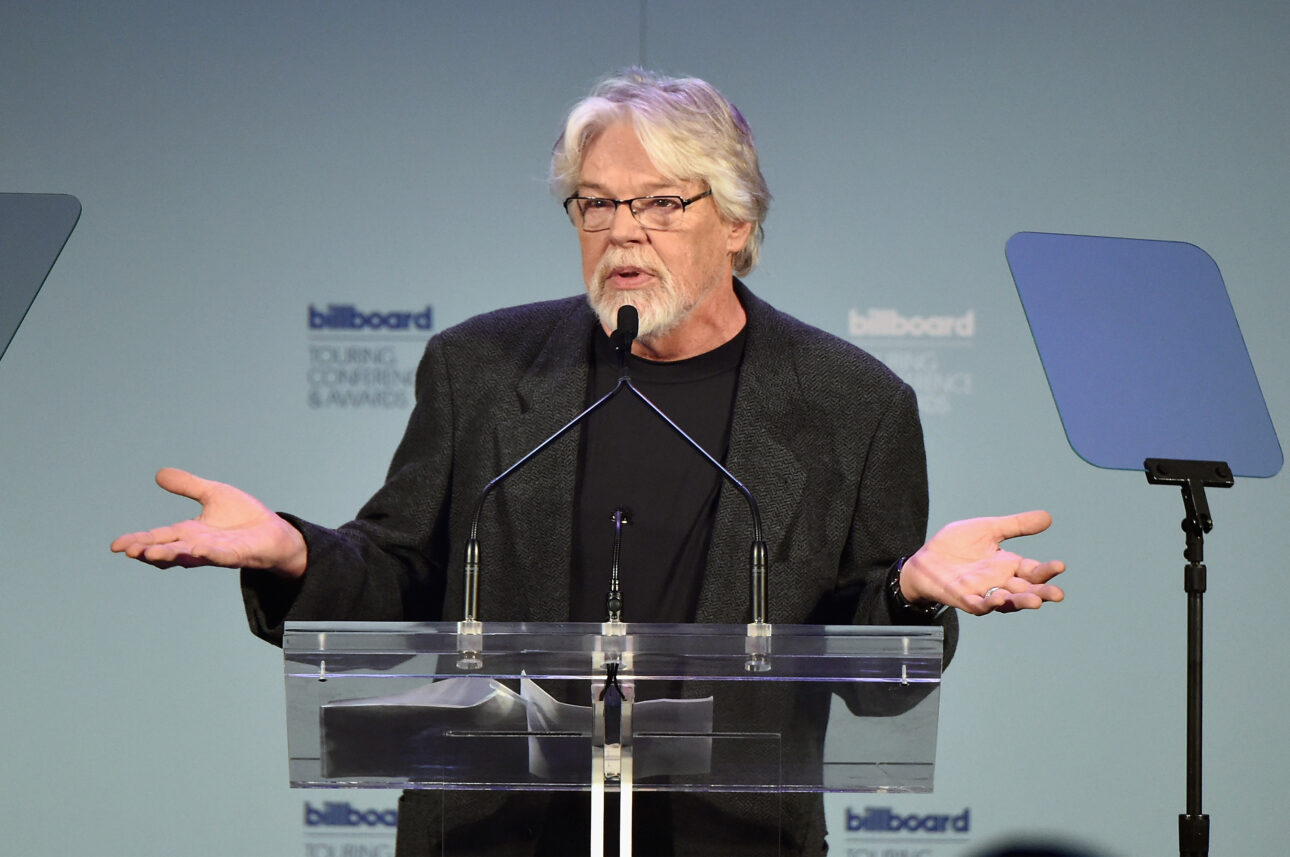
Tom Zoellner is a tenured Professor of English at Chapman University, the author of numerous distinguished works of non-fiction, and an editor-at-large of the Los Angeles Review of Books. Professor Zoellner has graciously consented to briefly withdraw his critical gaze from high art and cast an eye for SPIN at classic pop and rock lyrics.
We really have to talk about Bob Seger.
More from Spin:
- Vampire Weekend Detail First Album Since 2019
- Marcus King Teams With Rick Rubin For New Album
- Portishead’s Beth Gibbons Readies Long-In-The-Works Solo Debut
He earned credibility with that washboard voice, the Detroit hardscrabble image, the callback to roots rock, and some decent storytelling.
“Night Moves” is a high-quality eulogy for ebbing hormones. “Against the Wind” contains the great wistful line: “Wish I didn’t know now what I didn’t know then.” And while “Hollywood Nights” spins an improbable yarn of glamor that leaves the listener confused about where, exactly, this Midwestern boy has been staying (does she abandon him while he’s still sleeping at her mansion in the hills?), it contains this insight about phrenological privilege that is applicable across all genders: “She had been born with a face that would let her get away.”
This is not to call Seger bulletproof, however. Far from it. The emotional key of his 1973 ballad “Turn the Page” is packed with urgency and profundity but it can be reduced to a single narcissistic idea. “I was with a teenager last night, Iowa is boring, locals made fun of my hair at a truck stop, people cheer for me at concerts, and you should feel sorry for me.”
But even this sounds like Aeschylus when compared to a drizzle of a song called “Understanding” released in 1984, and built around a single slippery word.
The narrator sings to an offstage woman.
They call it understanding
Understanding
A willingness to grow
I’m finally understanding

Excuse me, you’re proclaiming “a willingness to grow” in a lyric? Your Detroit passport has been revoked. Guys who are experiencing genuine growth and evolution do not talk about it in those pop-therapeutic terms. They simply do it and don’t ask for applause.
This song indulges in the language of daytime talk show guests. Of bullshit artists. Of recidivist criminals in front of the parole board. Ain’t buying it.
He goes on to tell her:
You’ve got me understanding
Understanding
You’ve really helped me see
I’m finally understanding
Dude. Did you cheat on her and are now begging forgiveness while still not deleting a certain number from your phone? This sales job is reminiscent of Ralph Waldo Emerson’s observation about conspicuous virtue: “The louder he talked of his honor, the faster we counted the spoons.”
This joker is clearly reflecting her own wishes back to her in the most oleaginous language that he can summon. I hope she sees right through it. Or if he really does, somehow, have a newfound “willingness to grow” despite his prior crimes, that he chooses to demonstrate it through decisive action and stops yammering on and on about his moral progress.
Don’t get me wrong. People do change, sometimes for the better. Bad guys can grow up. But ye shall know them by their fruits. When they slap it on a billboard and shine bright lights on it, you are advised to ask for the receipts.
Why “Understanding” found traction and still gets airplay, I will never understand.
To see our running list of the top 100 greatest rock stars of all time, click here.
Source link
